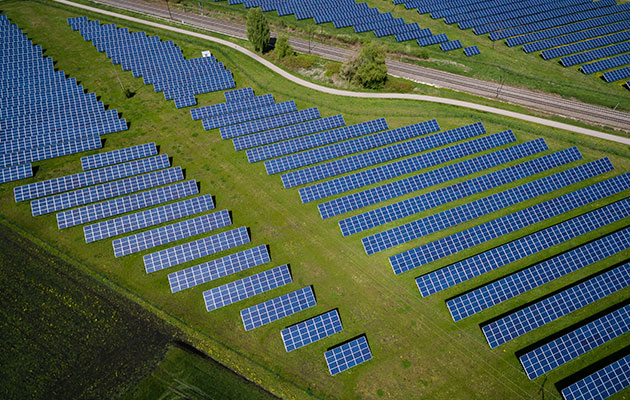As project financing repayment/distribution sources are limited to a project’s cash flow, financial institutions will not obtain full loan repayment unless the project generates the anticipated revenue. In this sense, it can be said that financial institutions bear the risks inherent in projects (project risk). Therefore, project financing requires to manage project risk that is within the acceptable range of the financial institution. One of the characteristics of project financing is that in the event of a deterioration in project earnings and the borrower’s default, financial institutions do not necessarily collect receivables by selling or realizing the collateral property, but rather can collect receivables by transferring all the rights and contractual relationships of the project to a third party (mainly...To read the full article, please see the PDF file
-
Finance Law Newsletter (August 4, 2021)
Download PDF [956 KB]










Yasunari Sugiyama is a partner in the firm's Asset Finance Group and Agri-Food Practice Group. In the finance area, his major and unique areas include financing of movables (lease, installment purchase and secured loan), supports for overseas expansion by financial institutions, acquisition finance and domestic and cross-border real estate transactions. In particular, he has extensive experience in proposing and implementing business plans and schemes available for each target jurisdiction taking into consideration the specific civil and commercial laws and financial regulations regarding the movables and real estates in Asian, European and North and South American countries and their entity-based and geographical applicability and coverage in terms of the overseas expansion of Japanese financial institutions. Further, in the agri-food area, he aims to provide legal services for the purposes of the introduction of smart agriculture, business expansion and diversification of financing sources, development and scaling of new business such as solar-sharing and onland aquaculture business, in each case while organizing the various laws and regulations applicable to each process of value chains of the agricultural, forestry and fishery business.